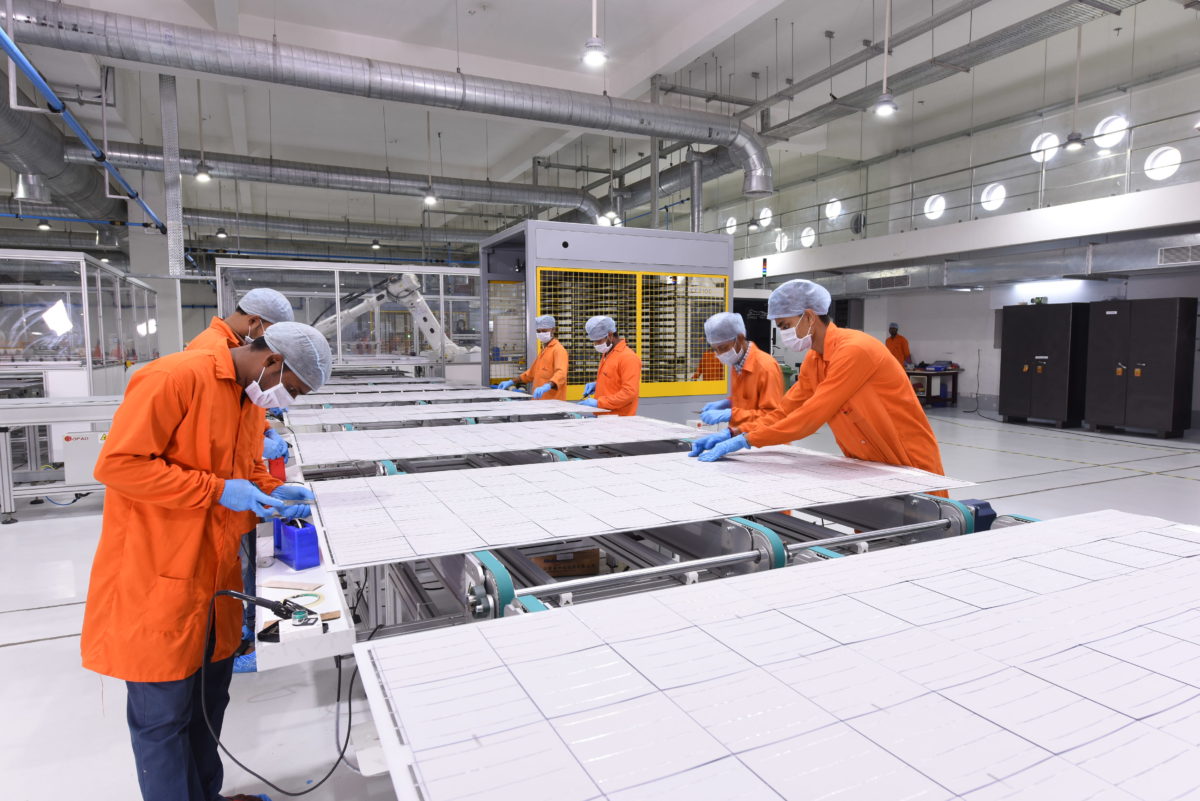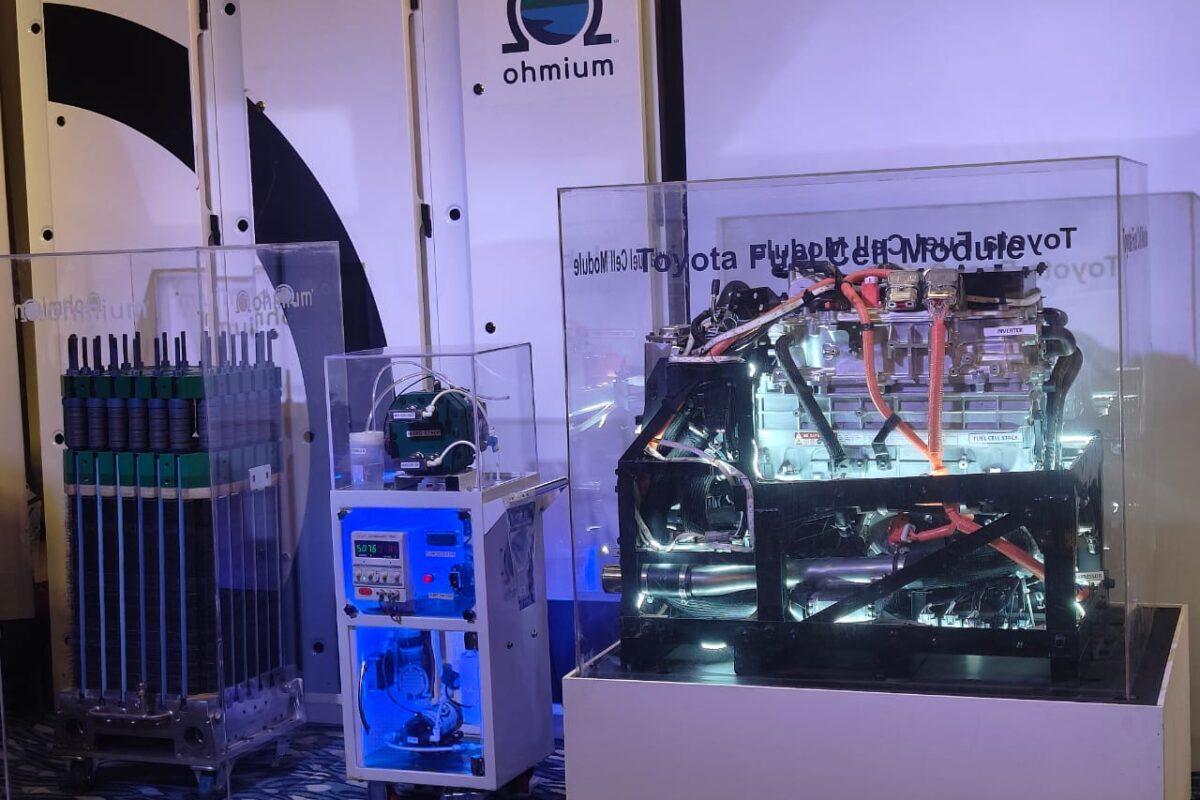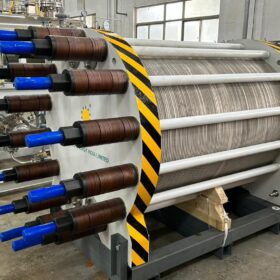The Solar industry in India is growing at an incredible rate. Going from current solar capacity (13 GW) to aggressive initiatives (14 GW under construction and 6 GW to be auctioned), and policies to make green energy a mainstream energy source is impressive, inspiring even. The industry growth is supposed to realize the vision of ‘energy reliance’, which is one of the drivers behind India’s solar revolution. However, lack of quality inspection mechanisms (until now) and the influx of imported modules have introduced the question of long term performance of the solar projects.
It is important to note that currently India has only 5 MNRE accredited labs, which makes serving module quality test results for all the solar projects in India impossible. Tier 1 module manufacturers have proactively developed and maintained testing infrastructure on their production shop floor to validate their module quality, satisfying their clients. However, the influx of imported modules within the country (In FY 15-16, solar import expenditure was $1.3 billion and between April 2016 to January 2017, expenditure was $2.17 billion) has bred the question of module quality.
Domestic manufacturers have time and again indicated that besides undercutting domestically manufactured modules, foreign modules are of substandard quality and they present the risk of degraded project performance in the long run. In this scenario, the announcement of bringing a quality standardization policy for solar modules seems spot on. However, there are some redundancies in the policy framework that must be highlighted.
When Certification Becomes a Slog
Solar module quality standardization can help the Indian solar sector grow with realized targets assuring energy security and expected performance. It can also help the domestic sector gain more global market acceptance by satisfying quality standards. However, the present mandate to get Bureau of Indian Standard (BIS) certification for modules is redundant to many solar manufacturers.
Bureau of Indian Standard (BIS) certification follows the performance test mechanism of IEC Standards, which is already recognized in the market and achieved by many domestic module manufacturers. Therefore, receiving the new certification on modules that are already IEC certified seems redundant, and serves as a bureaucratic hurdle for certified manufacturers. Directing the new quality certification mandate on imported modules and suppliers without IEC certification can be the remedy to this problem. It will keep the intent of the measure intact while allowing (IEC) certified manufacturers to avoid bureaucratic red tape.
Important Additions to The Policy
Indicating quality standards for cell, glass, junction box and other important solar module components can help the new policy meet its purpose. Additionally, introducing solar plant monitoring systems and making the results available to the public can help in faster (project wise) module supplier selection, speeding up project completion while guaranteeing best-in-class project performance.
By making the plant performance data public, the confusion while selecting the right module manufacturer or supplier would disappear. Countries like China are already using this system to reduce delays in project execution. We should adopt it for growth and simplification of process, while keeping the operational integrity intact.
As we have said, module quality standardization policy is a strong and welcomed development for the Indian solar industry to grow. However, removing redundancies and adding a few components that require attention can complete the policy frame and strengthen the foundation of the solar industry in India.
The views and opinions expressed in this article are the author’s own, and do not necessarily reflect those held by pv magazine.
This content is protected by copyright and may not be reused. If you want to cooperate with us and would like to reuse some of our content, please contact: editors@pv-magazine.com.








By submitting this form you agree to pv magazine using your data for the purposes of publishing your comment.
Your personal data will only be disclosed or otherwise transmitted to third parties for the purposes of spam filtering or if this is necessary for technical maintenance of the website. Any other transfer to third parties will not take place unless this is justified on the basis of applicable data protection regulations or if pv magazine is legally obliged to do so.
You may revoke this consent at any time with effect for the future, in which case your personal data will be deleted immediately. Otherwise, your data will be deleted if pv magazine has processed your request or the purpose of data storage is fulfilled.
Further information on data privacy can be found in our Data Protection Policy.